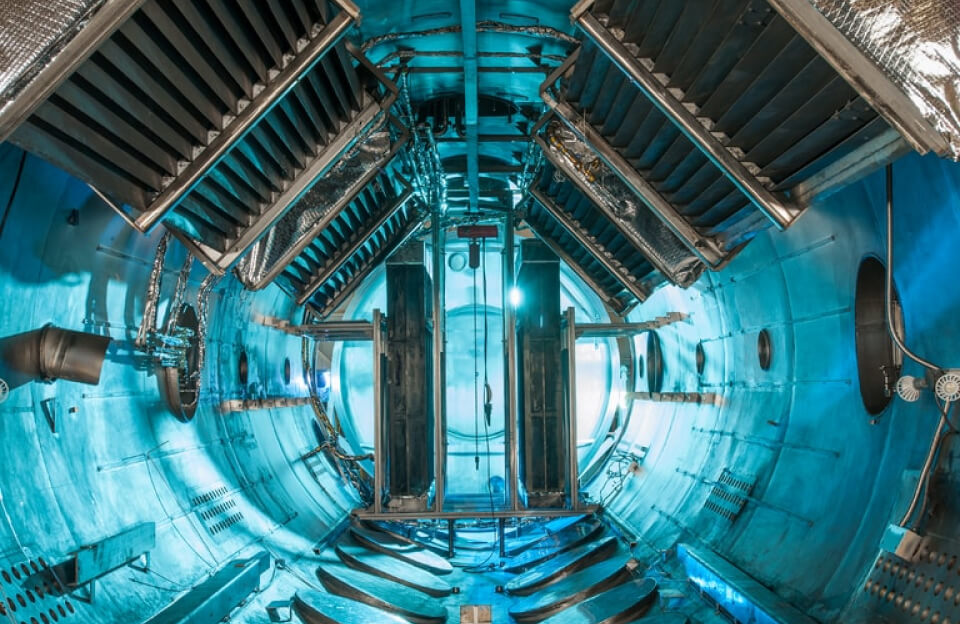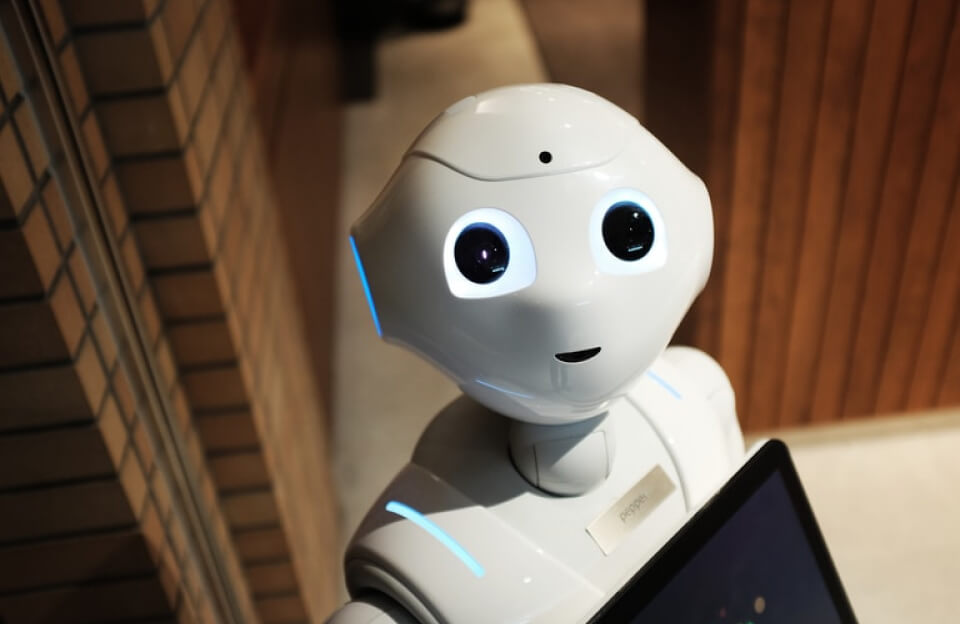⚠️ Cracks in Global Research: A Dangerous Decline
Recent geopolitical conflicts—from US-China tech wars to the Ukraine-Russia invasion—have wrought serious damage on research:
- Chinese biotech firms like WuXi AppTec are halting projects, stockpiling materials, and shifting clinical testing locally due to U.S. tariffs and supply disruptions TIME+5Chemistry World+5gjia.georgetown.edu+5Reuters.
- In the UK, increased defence spending has bolstered military-related R&D, but health research and international aid budgets are being slashed Financial Times.
- Ongoing brain drain and slowed project growth in the U.S. threaten medical and scientific leadership; universities are now experiencing talent losses TIME+1CEPR+1.
🧬 Breakthroughs Postponed—or at Risk
Key cutting-edge research arenas have slowed or paused:
- Gene editing, vaccine development, and climate science suffer from reduced funding and stalled international trials Financial Times+9TIME+9PMC+9Financial Times.
- Quantum and supercomputing investments are inconsistent and often disrupted by strategic re-prioritization .
- Ukraine’s scientific output dropped 10–20% amid lab destruction and researcher displacement CEPR+3CEPR+3MDPI+3.
⏳ Delays That Echo: From COVID to Conflict
- As many as 63% of early-career researchers reported delays or project cancellations during COVID—which continues into the instability created by war The Eastleigh Voice News+15MDPI+15MDPI+15.
- Clinical trials for novel drugs now face year-long delays due to disrupted participant pools and budget constraints mazards.com.
🔭 AI: Tool, Not Panacea
AI has begun to crack some research bottlenecks—handling large-scale data analysis, automating lab protocols, and accelerating discovery. But it still depends on human researchers to conceive experiments, interpret results, and navigate complex ethical challenges.
🔹 Manual labor remains vital: setting up experiments, extracting samples, and clinical interactions require human judgment.
🔹 Data processing vs. process creation: AI excels at analyzing patterns; humans define hypotheses and experimental design.
Research policy expert Matt Clancy notes that despite plateauing innovation, AI might “reinvigorate scientific progress,” but only with smarter funding and governance Financial Times.
💪 Bright Spots Amid Blockades
- Preprint platforms surged during the pandemic, enabling near-instant global sharing of COVID-related findings .
- Science diplomacy efforts continue through organizations like GISAID, and new alliances bypass political rifts—though fragility remains Times Higher Education (THE)+1gjia.georgetown.edu+1.
- The UK has launched funds to attract AI talent and research teams, acknowledging threats to its scientific edge .
🚀 Where the Next Major Leaps Will Emerge
- Health sciences remain relatively resilient, especially in pandemic preparedness and infectious disease surveillance PMC+9CEPR+9Financial Times+9.
- Biotech and medical systems may see delayed but rapid acceleration as countries rebuild post-conflict and seek autonomy uza.uz.
- AI-integration in research requires sustained investment and intact international scholarship networks. Those who preserve these will lead future breakthroughs.
⚖️ A Balanced Outlook
| Opportunity | Threat |
|---|---|
| Localizing research infrastructures | Fragmenting global collaboration |
| AI speeding data analytics | Undermining basic science funding |
| Rising science diplomacy initiatives | Brain drain and project delays |
| Pivoting to health-relevant R&D | Weaponizing or restricting dual-use tech |
✅ Final Word
Global tensions have slowed—though not stopped—research. AI offers promise, but cannot replace the hands, minds, and cross-border trust essential for discovery. The decades ahead will test whether nations can move beyond geopolitics to empower the human science engine that fuels real-world breakthroughs.
Key recent perspectives

Science’s pushmi-pullyu dilemma

China pharma projects disrupted by Sino-US tensions
Medical and Scientific Research Makes America Great



